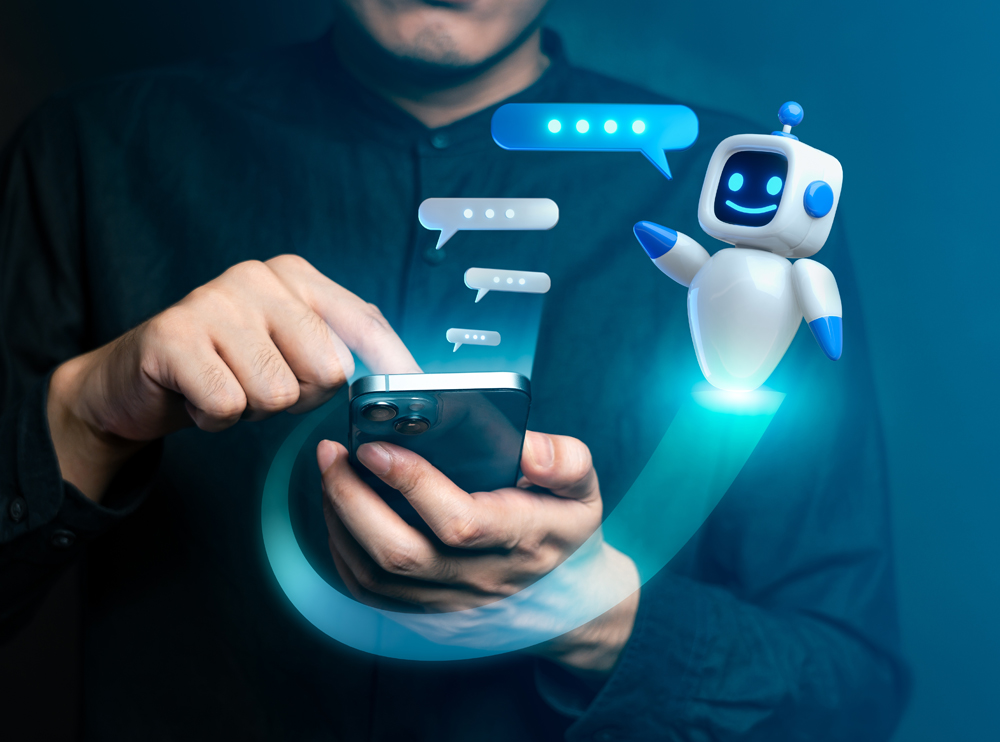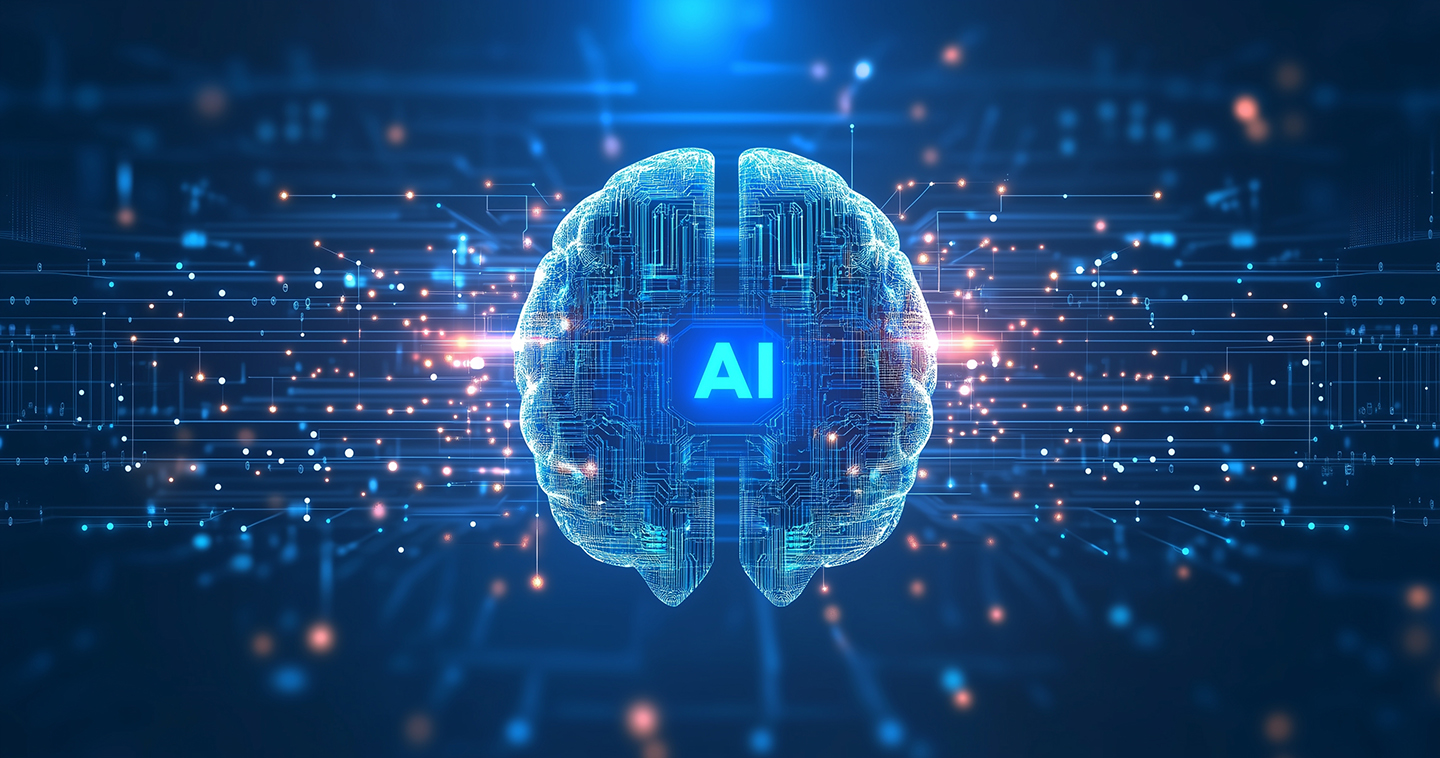
Artificial intelligence (AI) is rapidly transforming how businesses approach IT support and customer service. As organisations seek to improve efficiency, reduce operational costs, and enhance user experiences, AI is emerging as a powerful tool that redefines traditional support models.
In this blog, we’ll explore how AI is shaping the future of IT support and customer service, what benefits and challenges it brings, and what companies can do to stay ahead.
For years, IT support and customer service have relied heavily on human intervention. While human expertise remains invaluable, it’s no longer the only option. AI technologies—such as chatbots, virtual assistants, and predictive analytics—are now being integrated into help desks and service centres across the globe.
These tools are designed to automate repetitive tasks, provide instant responses, and assist with troubleshooting common issues. In doing so, they help free up IT staff to focus on more complex, strategic responsibilities.

Chatbots are already playing a central role in the customer support journey. Unlike traditional FAQs or live chat systems, AI-powered bots use natural language processing (NLP) to understand customer queries and provide accurate, contextual responses.
What sets advanced chatbots apart is their ability to learn over time. Through machine learning algorithms, these bots can analyse user interactions, improve response quality, and even anticipate customer needs.
In IT support, virtual agents can guide users through password resets, software installations, and hardware diagnostics—all without human involvement. For many businesses, this results in faster resolution times and greater user satisfaction.
AI isn’t just reactive; it’s increasingly proactive. With predictive analytics, businesses can identify potential issues before they affect operations. By analysing large volumes of system data, AI tools can detect unusual patterns or behaviours, such as declining server performance or network anomalies.
This proactive approach helps reduce downtime and prevents minor issues from becoming major disruptions. For customer service teams, predictive insights can also identify customers at risk of churning, allowing businesses to take preventative measures.

Another major benefit of AI is personalisation. With AI, companies can tailor support experiences based on individual preferences, past interactions, and user behaviour.
For example, an AI system might recognise a returning customer and automatically route them to the agent they spoke with previously, or prioritise support for high-value clients. It can also offer personalised recommendations, FAQs, or tutorials based on specific usage patterns.
This level of personalisation enhances the customer experience and builds stronger relationships, without placing additional strain on human agents.
Voice-based AI is also gaining traction. Tools like Google Assistant, Amazon Alexa, and enterprise-focused voice assistants are increasingly being integrated into support channels.
For IT support, voice AI allows users to describe issues more naturally, without needing to fill out forms or navigate menus. When combined with visual interfaces, this creates a multimodal experience—where users can interact with support systems through a blend of speech, text, and visuals.
This evolution provides users with more accessible and intuitive support experiences.

Despite the many advantages, the rise of AI in support services is not without challenges.
Bias and fairness remain key concerns. AI systems are only as good as the data they're trained on. If this data is incomplete or biased, the resulting decisions may be unfair or inaccurate.
Data privacy is another critical issue. AI tools must handle sensitive customer and business information responsibly. Organisations need to comply with GDPR and other data protection regulations to ensure that users' rights are respected.
Finally, there’s the human element. While AI can handle routine tasks effectively, empathy and emotional intelligence are still best delivered by human agents. A hybrid model—where AI supports human staff—often provides the best of both worlds.
To take advantage of AI in IT support and customer service, organisations should:

As AI continues to evolve, its role in IT support and customer service will only grow. We can expect to see more advanced natural language models, real-time sentiment analysis, and even AI-powered training systems for staff.
In the long term, the most successful organisations will be those that embrace AI not as a replacement for human workers, but as a strategic partner. Together, humans and machines can deliver faster, smarter, and more meaningful support experiences.
We would love to work with you on your next project or breathe new life into an existing one. Speak to our experts today!
Contact us